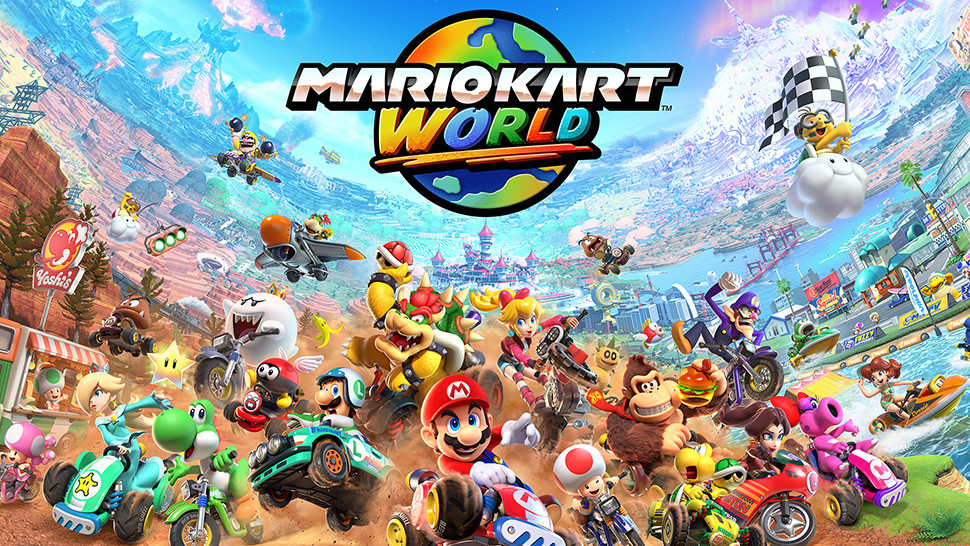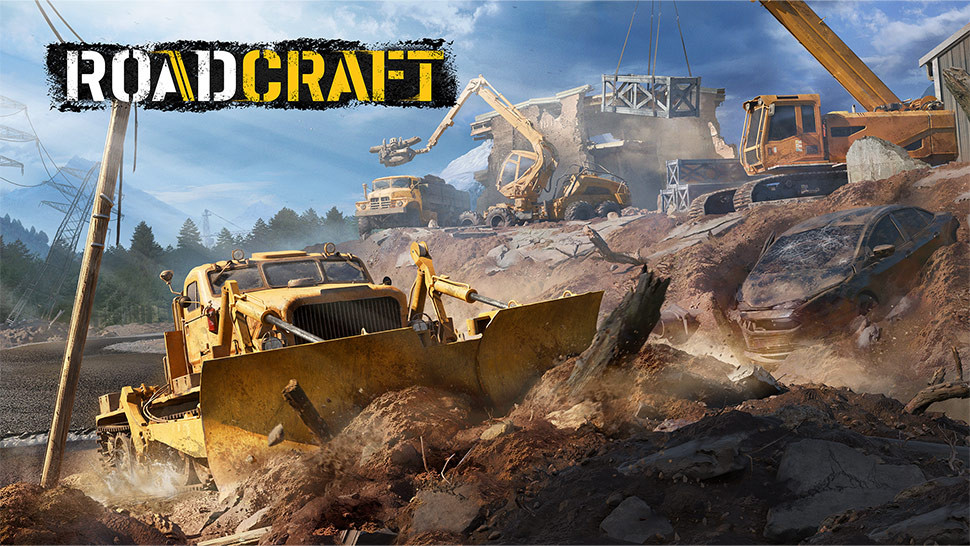Call of Cthulhu Review

 By Kevin Mitchell | Nov 5, 2018
By Kevin Mitchell | Nov 5, 2018
One does not need to have read the cosmic horror stories from H.P. Lovecraft to appreciate the mythos steeped with supernatural and extraterrestrial elements. Developed by Cyanide Studio, Call of Cthulhu is an official adaptation of Chaosium's classic pen and paper RPG. A down-on-his-luck private investigator, Edward Pierce, has not been sleeping well; in fact, we journey into his mind during the opening sequence of the game. What we find is not only gruesome but lays the foundation for his descent into madness. The Hawkins family tragically died on Darkwater Island, off the shores of Boston. Sent to the island to investigate by a relative, the hostility received by the local inhabitants hinders your pursuit of the truth, but it doesn't take long before you are neck-deep in a twisted cultist plot with more cephalopod-like creatures than you could even imagine.
A role-playing detective mystery game, Call of Cthulhu delves deep into player skills and branching dialogue with every character integral to the narrative. The game lets you decide how you want to establish Edward Pierce, besides his apparent drinking problem (although there is an achievement tied to being sober) and dependence on sleeping medication. There are seven essential skills; five which you can spend points to improve and two that can only be enhanced by exploring and interacting with objects in the world. Some of the core skills relate to how you handle conversations, such as your ability to influence others during dialogue (eloquence), or using psychology learned by studying human nature to better understand what motivates them (psychology). In my first playthrough, these two skills were the lowest, as my focus was on maximizing spot hidden and investigation first, with the rest of my character points added to strength.
I would call spot hidden one of the two most essential skills in the game, considering it relates to being able to find hidden objects. If your skill level is too low, you won't find items that could lead you down a new path in your investigation or clues to use when conversing with the locals. The other important skill is investigation, which heavily ties into your ability to reconstruct crime scenes and other past events. It doesn't hurt that it also boosts your chance at picking locks. Strength, on the other hand, is all about your physical prowess to force doors/mechanisms open, or use of violence. I know at least one critical interactive sequence in the game where I wish I had added points to this skill sooner. The last two abilities, occultism and medicine, can only be improved by discovering certain objects in the environment. This is another reason why you want to fully uncover and explore each area, to increase your understanding of occult artifacts or how to diagnose conditions. I am purposely staying as vague as possible, as not to spoil anything involving the plot, so just trust me on this.
As you explore the always-darkened former whaling port, you'll talk to various merchants and inhabitants. The more you explore and interact with others and the environment, the more dialogue choices will become available to you. Typically, you'll want to choose the option that becomes unlocked (marked by an open lock on the dialogue wheel) by finding the relevant tidbits from somewhere else. Most of the time, you won't get a second chance at an exchange, so ensure that you are content with the path you plan on following. Just like in other adventure games, a popup appears on the screen, letting you know "This will affect your destiny" when you make a crucial decision in the game. You won't know how it will affect your destiny, as there aren't any recaps for things you missed or things you could have done differently, like in The Council, another series published by Focus Home Interactive. I can tell you that by making these choices, you'll be presented with alternate ending options.
I was caught off-guard during my second playthrough, as a single choice made a massive difference. For example, while exploring the harbor area upon reaching Darkwater Island, you are instructed to use your sleuthing skills to find specially marked objects in the environment in a specific area. In this case, you collect all of the items to operate a wrench to gain access to a hidden tunnel to explore the Hawkins's warehouse, which you can't access directly. On my second time through, the wrench snapped, blocking access into the tunnel system. Instead, I was interrupted by one of the significant characters in the game, was beaten up, knocked out, and dumped on the other side of the harbor.
The environments that you'll explore in first-person are quite breathtaking, in a horrible nightmarish sense. The perpetual green-tinged night of the island had so much impact in setting the vibe for each locale throughout the 12-15 hours you'll spend on your first playthrough. You'll experience the game via chapters, with each one taking place in a different location on the island. From the neglected and decrepit-looking Hawkins Mansion, underground cave systems complete with gory visuals of sacrificed marine life, to turn-of-the-century insane asylums, the environments are horrifically delightful to explore.
Regrettably, Call of Cthulhu does feature moments where you must use stealth-based mechanics. These sections are not only frustrating but rather dull. I understand the desire to add more "gameplay" focused interactions, but it was simply not needed and does nothing for the overall mystery narrative. During one of these moments, which happened to be a boss encounter, you are left to your own devices without any indication of what you need to do to complete the deathly game of hide-and-seek. Over time, you will realize that you must collect a specific item and use it in a particular spot (without being seen). Of course, there are a handful of choices, and nothing to give you an understanding of which one you should use (until you pick the right one). Also, if the monster hears/sees you, you are killed almost instantly. After much frustration, I ended up running straight from point A to point B in full sprint, completing it and circumventing the entire design for the encounter.
The exploration stealth sequences aren't inherently bad, but they ruin the pacing of the game and feel somewhat incomplete. Without spoiling some of the locales in the game, I would say that it can be quite easy to find yourself turned around, having to go back and forth repeatedly. When you consider that you are crouch-walking to remain unseen, you are moving at a snail's pace. At least the game does include the ability to lean, which can help you finish these sections faster.
Failing any of these stealth sections merely sets you back to the previous checkpoint. There aren't any health or stamina meters to manage. However, the game does have a sanity system, which is a concept I haven't seen in a game for quite some time. If you succumb to the darkness, Edward's mind begins to unravel, slowly at first. You'll start to see hallucinations, either some hellish creature coming towards you or even dialogue choices in Lovecraftian (R'lyehian). Generally speaking, when playing these types of games, you'll want to explore and understand everything possible. However, while knowledge for us, the player, is essential, it will take a heavy toll on Edward Pierce. You can only imagine the state of his mind by the end of the game if you read all of the unholy books and absorbed as much Lovecraftian knowledge as possible.
Simply Put
Without question, Call of Cthulhu captures the nightmarish Lovecraftian cosmic horror feel. Even if you haven't read any of the mythos or haven't experienced the tabletop game, it is still a satisfying investigation into madness. It's impossible to see everything the game has to offer in a single playthrough, but the stealth and equally awful boss encounters and gunplay (one section near the end of the game) may turn players off from returning. An option to autocomplete these sections may be a worthwhile addition, especially for those that want to experience the wonderfully dark storytelling and see all of the alternate choices.
Note: Call of Cthulhu was reviewed on Xbox One. A digital copy of the game was provided by the publisher/developer.




